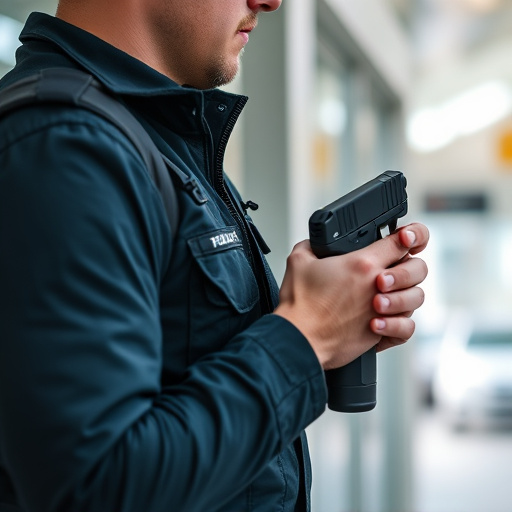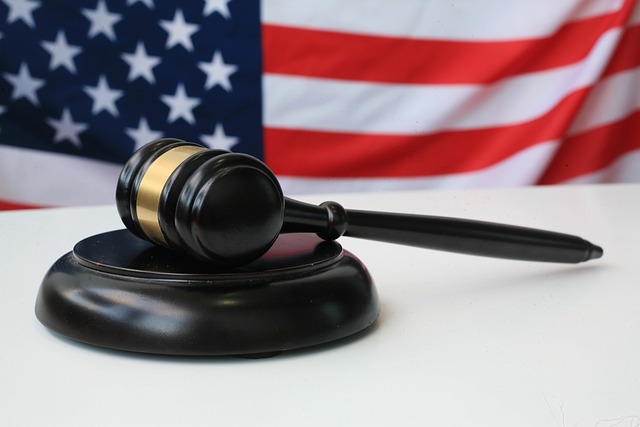Self-defense product laws vary globally, reflecting cultural attitudes towards personal safety. Western nations favor individual rights with strict weapon controls, while some countries prioritize community safety by heavily restricting dangerous weapons for self-defense. Staying informed about these legal considerations is crucial as local laws impact the ability to protect oneself. Navigation of these regulations, including permits, weapon types, and storage rules, ensures responsible usage and promotes public safety for manufacturers, distributors, and users worldwide.
In an era where personal safety is paramount, understanding self-defense product laws and regulations has become a crucial aspect of responsible citizenship. This article delves into the intricate web of global self-defense product laws, exploring the legalities of defense gear across different jurisdictions. We break down key considerations for navigating these complexities, offering insights on complying with defense product regulations to ensure safety and adherence to the law.
- Self-Defense Product Laws: A Global Perspective
- Navigating the Legalities of Defense Gear in Different Jurisdictions
- Understanding and Complying with Defense Product Regulations
Self-Defense Product Laws: A Global Perspective

The legalities surrounding self-defense products vary greatly across different countries and regions, reflecting diverse cultural perspectives on personal safety and the use of force. Understanding these self-defense product laws is crucial for individuals looking to legally acquire and carry defense gear. In many Western nations, laws tend to favor the right to self-defense, allowing citizens to own certain types of defensive tools for personal protection. However, regulations can be stringent, with strict controls on weapons types, capacities, and methods of deployment.
In contrast, some countries have more restrictive defense product regulations, emphasizing community safety over individual rights. These jurisdictions often limit or prohibit the possession of any weapon that could be considered dangerous, even for self-defense purposes. Navigating these legal aspects of carrying defense tools requires careful research and compliance with local laws and regulations. Staying informed about the evolving legal landscape is essential, as changes in defense product laws and regulations can significantly impact an individual’s ability to protect themselves.
Navigating the Legalities of Defense Gear in Different Jurisdictions

Navigating the legalities of defense gear across different jurisdictions is a complex task for manufacturers, distributors, and users alike. Self-defense product laws vary significantly from one country to another, and even within regions, specific regulations can differ. Understanding these defense product regulations is crucial for ensuring compliance, avoiding legal pitfalls, and promoting public safety.
When considering the legal aspects of carrying defense tools, it’s essential to stay informed about local, state, or national laws. This includes permits or licenses required for possession, types of weapons allowed, restrictions on specific features, and rules regarding storage and transportation. For instance, some jurisdictions may have strict self-defense legal considerations, limiting the use of certain types of force or arms, while others might offer broader protections. Staying abreast of these changes helps in adhering to the letter of the law and fosters a culture of responsible defense gear usage.
Understanding and Complying with Defense Product Regulations

Understanding and complying with defense product regulations is a crucial aspect for anyone involved in the design, manufacturing, or distribution of self-defense tools. These laws and regulations are put in place to ensure safety, prevent misuse, and maintain order in the sale and possession of such products. The legalities of defense gear vary significantly from one jurisdiction to another, making it essential for businesses to stay informed about local, state, or national self-defense product laws.
Carrying defense tools comes with significant legal aspects that must be considered. This includes understanding restrictions on certain types of weapons, requirements for permits or licenses, and rules governing where and how these products can be advertised and sold. By adhering to these defense product regulations, businesses not only avoid legal repercussions but also foster a culture of responsible self-defense, ensuring the safety and security of their customers.






